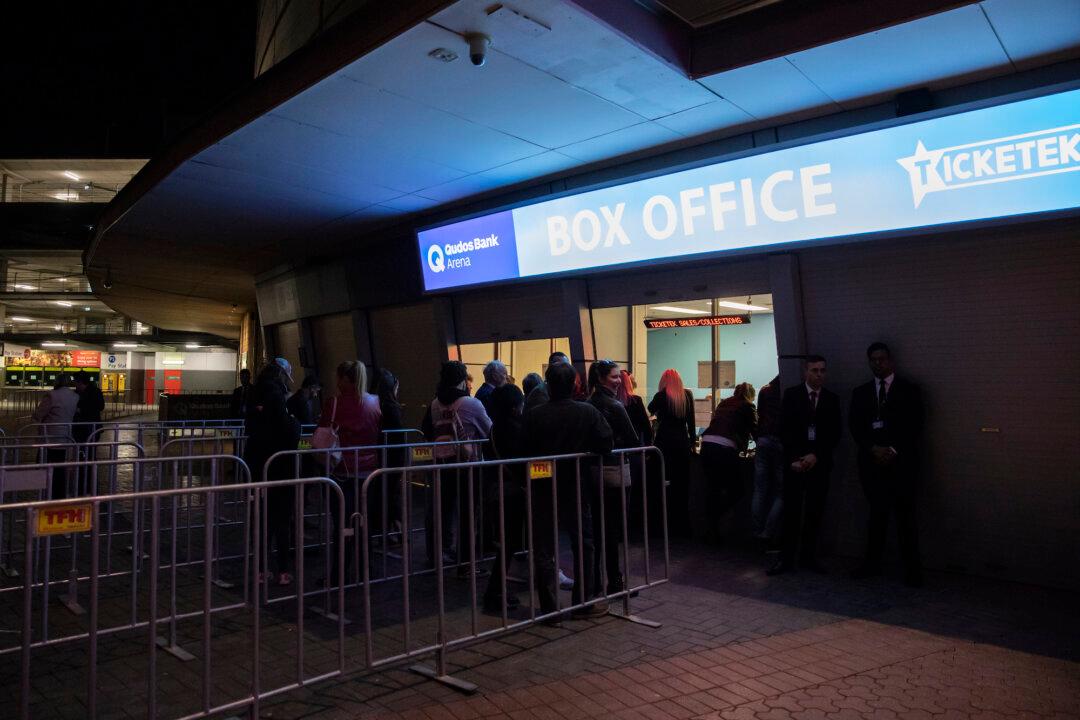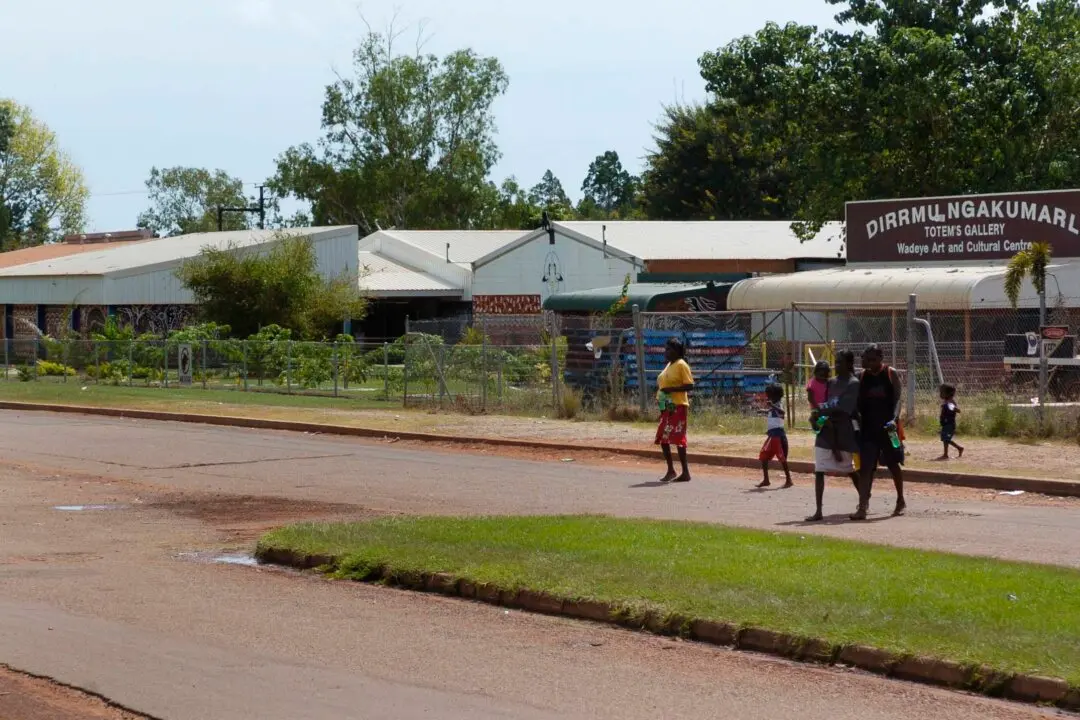Clever scammers have begun preying on footy fans after finding success selling fake Taylor Swift tickets and running dodgy investment ploys, one of Australia’s big four banks said.
The pivot to catch out diehard fanatics ahead of the Australian Football League (AFL) and National Rugby League (NRL) grand finals continues a trend of scammers evolving methods to anything that sells out quickly or is hard to come by.





